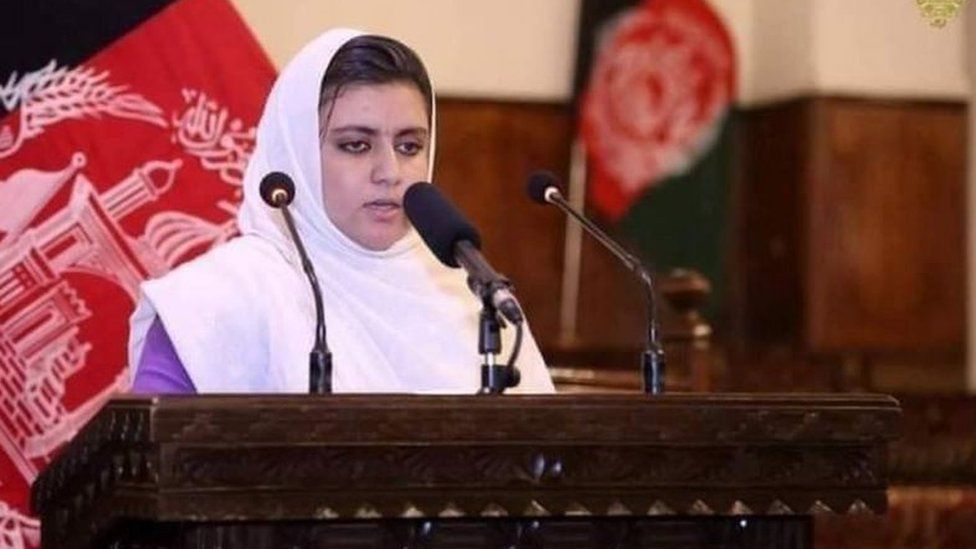Afghan journalist Malalai Maiwand and her driver were shot dead at 7:10 a.m. local time (2:40 UTC) on their way to work in the Nangarhar provincial capital of Jalalabad, the provincial governor spokesman Ataullah Khogyani said Thursday.
The attackers opened fire on Maiwand and her driver, Mohammad Tahir, shortly after she left her house in eastern Nangarhar province. Maiwand worked as an anchor for the private Enikass radio and TV channel in the province for about four years.
In addition to working as a journalist, Maiwand was also an activist who advocated for the rights of Afghan women and children. She had previously spoken publicly about the difficulties of being a female reporter in the country. Maiwand's mother, who was also an activist, was also killed by unknown gunmen five years ago.
Attaullah Khogyani, spokesman for the Nangarhar provincial governor, and the local hospital both confirmed the deaths. The Afghan Journalists Safety Committee, a group that oversees journalists' security in the country, warned that the continued violence against reporters and public figures threatened to undo years of progress.
"If the killing of journalists does not stop, Afghanistan will lose one of its greatest achievements which is press freedom," the committee tweeted.

Afghan journalist Malalai Maiwand and her driver were shot dead at 7:10 a.m. local time (2:40 UTC) on their way to work in the Nangarhar provincial capital of Jalalabad
A dangerous country for journalistsThe murder of Maiwand, who was in her 20s, comes just weeks after Radio Liberty reporter Aliyas Dayee was killed in a car bomb attack in Lashkar Gah.
Human Rights Watch said Dayee had previously been threatened by the Taliban.
In 2017, several people, including a driver for Enikass, were killed in an explosion close to the station. In 2018, the director of the station was abducted by unknown gunmen but was later freed. Another Afghan journalist was killed in a bombing last month, while at least 10 journalists and media staff were killed in the country in 2019.
According to Reporters Without Borders, Afghanistan is one of the most dangerous countries for journalists.
No one has claimed responsibility for the killing, but an Islamic State affiliate headquartered in eastern Afghanistan has claimed most of the recent attacks on civilians in the region. The Taliban also operate in the area.



